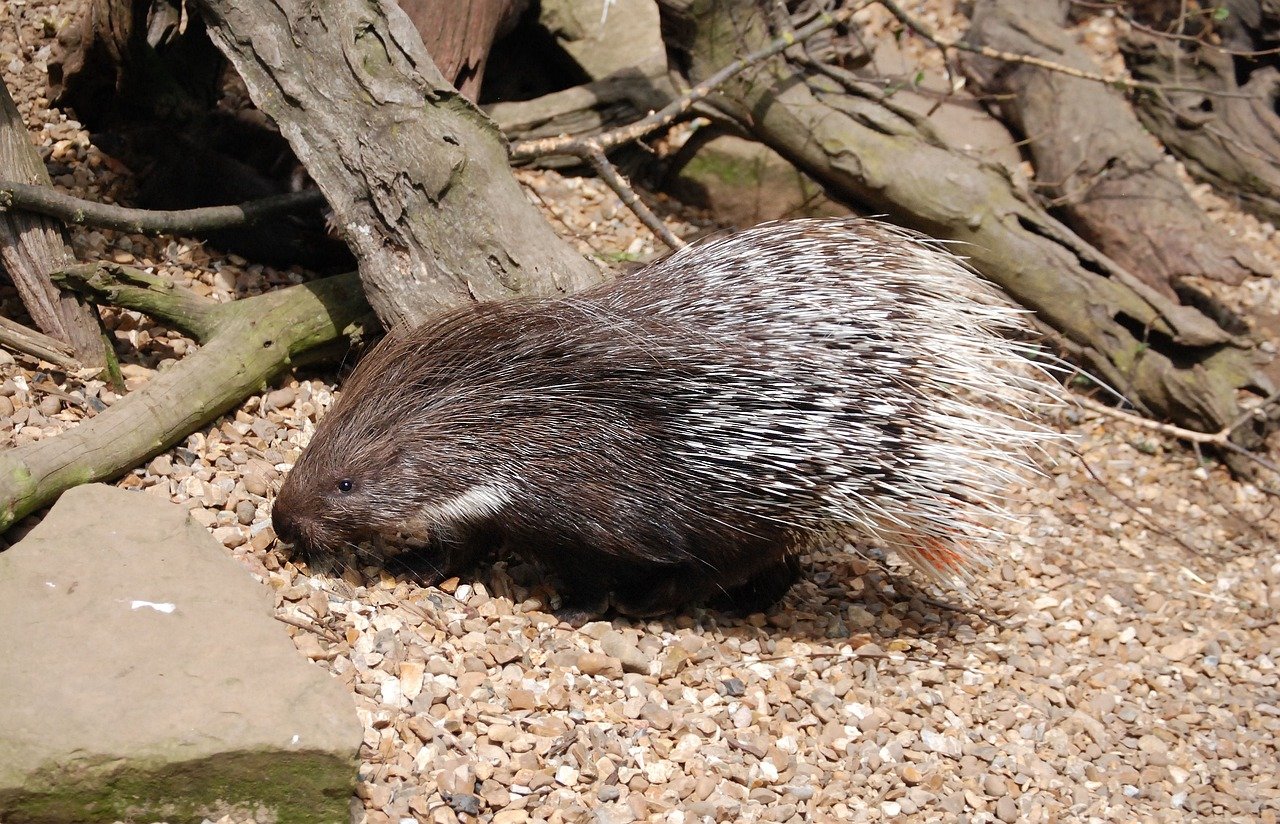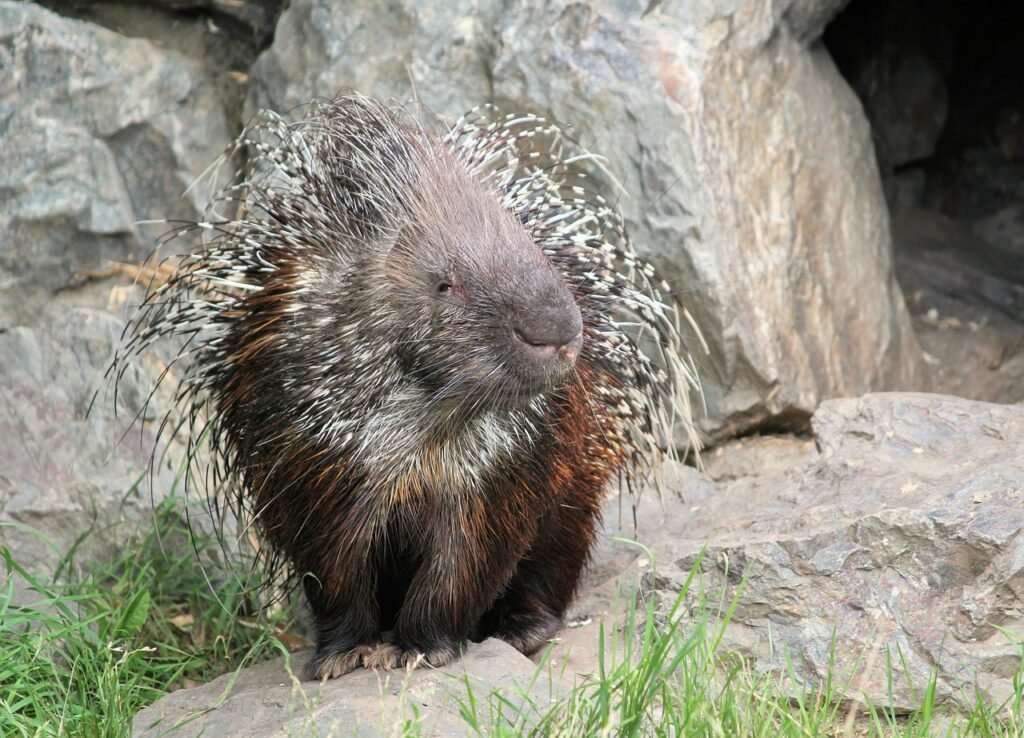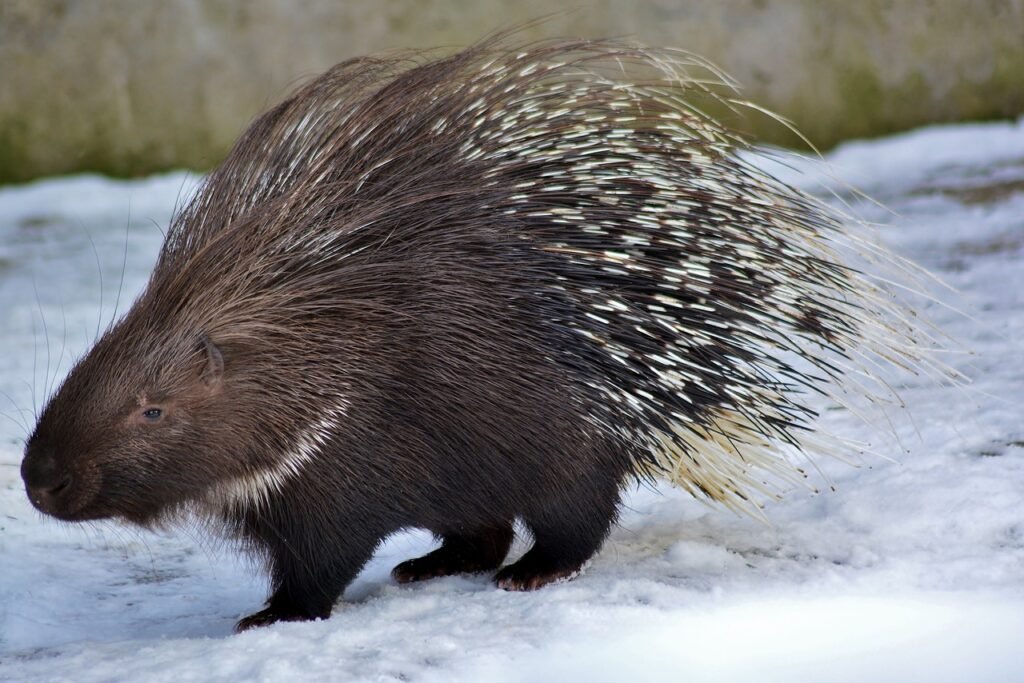Just like any other pet, porcupines benefit significantly from routine veterinary checkups. Regular visits to an experienced exotic animal veterinarian play a crucial role in maintaining the health and well-being of your porcupine. In this guide, we delve into the importance of routine veterinary checkups for porcupines and why they are a fundamental aspect of responsible pet ownership.
1. Preventive Care:
Routine veterinary checkups serve as a proactive measure to identify and address potential health issues before they escalate. Preventive care is key to ensuring your porcupine leads a healthy and happy life.
2. Early Detection of Health Issues:
Porcupines, like any living beings, may encounter health issues. Regular veterinary visits enable early detection of potential problems, allowing for prompt intervention and treatment. Early detection often leads to more successful outcomes.
3. Vaccinations and Preventive Measures:
Veterinarians can provide essential vaccinations to protect your porcupine from common diseases. These vaccinations are crucial in preventing the onset of illnesses that can be harmful or even life-threatening.
4. Dental Health Assessment:
Dental health is vital for porcupines. Regular checkups allow veterinarians to assess the condition of your porcupine’s teeth, recommend dental care practices, and address any issues that may affect their well-being.
5. Nutritional Guidance:
Veterinary professionals can offer tailored advice on your porcupine’s diet. Proper nutrition is vital for their overall health, and veterinarians can guide you in providing a balanced and suitable diet based on your porcupine’s specific needs.
6. Parasite Prevention and Control:
Porcupines are susceptible to parasites. Regular veterinary checkups help in the prevention and control of parasites through appropriate medications and preventive measures.
7. Behavioral Assessment:
Veterinarians are skilled in evaluating animal behavior. Regular checkups allow them to assess your porcupine’s behavior, addressing any signs of stress, anxiety, or other behavioral concerns that may impact their well-being.
8. Reproductive Health Guidance:
If you have a breeding pair of porcupines, veterinarians can offer guidance on reproductive health, including family planning, pregnancy care, and postnatal care for both the mother and offspring.
9. Individualized Care Plans:
Veterinarians can create individualized care plans based on your porcupine’s age, health status, and specific needs. This personalized approach ensures that your porcupine receives the care that is tailored to their unique requirements.
10. Building a Relationship with Your Veterinarian:
Regular veterinary visits help build a relationship between your porcupine and the veterinarian. Establishing this connection can contribute to a more positive veterinary experience for your porcupine, reducing stress during future visits.Conclusion:
Routine veterinary checkups are a cornerstone of responsible porcupine ownership. They contribute to preventive care, early detection of health issues, and the overall well-being of your quilled companion. By partnering with a knowledgeable exotic animal veterinarian, you ensure that your porcupine receives the specialized care necessary for a happy and healthy life. Regular veterinary checkups are an investment in the long-term health and happiness of your porcupine, strengthening the bond between you and your unique pet.



